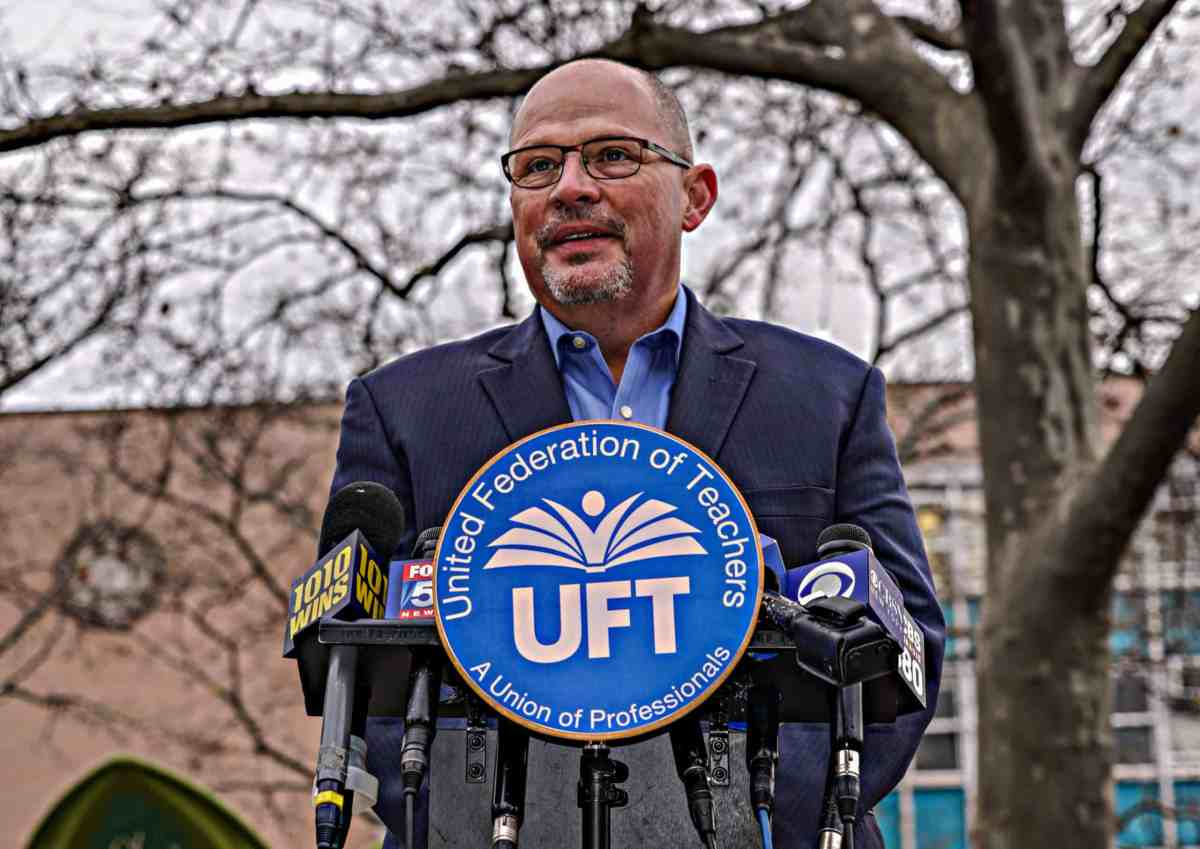For me, a student from a small Nova Scotia university, the hardest part of finding a summer job is getting top employers based in large cities to take a second look at my application.
During a recent family vacation, I met a group of five students from the University of Guelph. When they asked where I attended school, I replied, “Acadia University.” To my surprise, not a single one of them had heard of the school.
After that encounter, I couldn’t help but wonder if employers were thinking the exact same thing: Uh, Acadia? Who?
If this is true, at least in some organizations, how is this affecting my application during the selection process?
From an employer’s perspective, it is certainly justifiable to hire the candidate from the school known for its strong academic standing or the school that you can identify with (“Our organization is based in Toronto so it makes sense to hire from the University of Toronto”). After all, the aim is to hire the brightest and most qualified students.
However, from the Nova Scotia student perspective, this makes standing out in a sea of applications that much more difficult.
When I’m applying for a job in Toronto from my residence room at Acadia in Wolfville, N.S., population 3,800 (7,000 during the school year), I can’t help but feel like there’s a giant wall between myself and the employer.
And, if they’re thinking the same thing—who is Kate MacKenzie, what is Acadia, and where the heck is Wolfville—then it seems likely that my application may come second to, “Ah yes, Jane Doe from Queen’s. I went to Queen’s too!”
I know this isn’t always the case and that many organizations make a sincere effort to fairly evaluate all candidates. However, I think some companies could improve their recruitment processes by recognizing the gap between small-town students and big-city jobs and adjusting their application accordingly.
Small changes, such as assigning recruiters to regions across Canada and using technology such as Skype to do interviews, can make a huge difference. These adjustments make the recruitment process less location-specific and less intimidating. They also allow the employer to really get to know the candidates face-to-face to ensure that they’re hiring the best of the best.
Also, by including students from many different schools and locations, organizations will only benefit from the increased diversity and perspective.
Where Kate is now
Ironically enough, I proposed this exact idea to an organization based in Toronto and explained the unique perspective that I could bring to the company as a result of my East Coast experiences. Now, I couldn’t be more excited to be working for that company this summer.
Key takeaways from Kate’s school-to-work transition
- If you attend school in a different city than where the organization you want to work for is located, briefly explain the discrepancy in the email or cover letter and outline your plans for relocation.
- Don’t be afraid to ask for an interview over the phone or through a video chat program like Skype – in-person interviews aren’t the only option.
- Worried your school isn’t as recognized as some of the more high profile institutions? Focus primarily on your accomplishments in your resumé and cover letter, but be prepared to discuss the quality of your education in the interview.
















